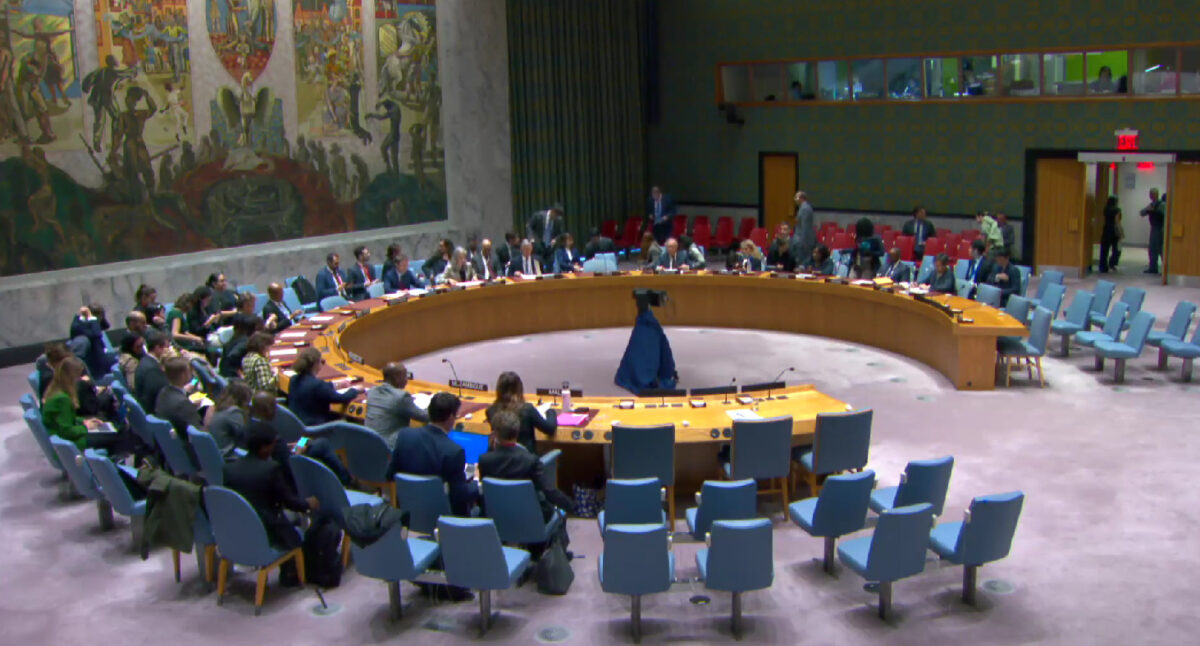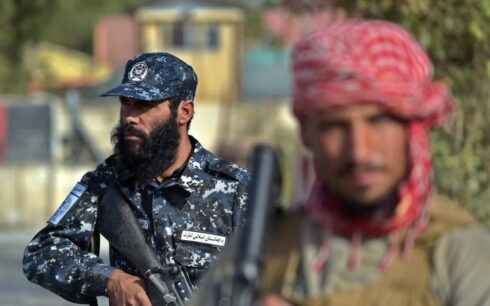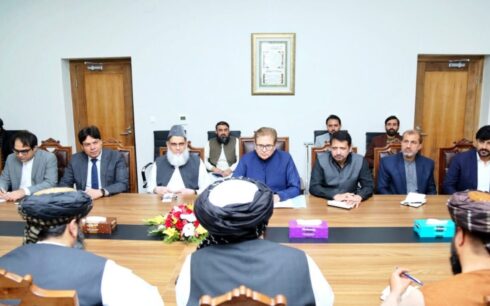A recent statement from the United Nations Security Council has revealed internal divisions among its members regarding the criticism of the Taliban’s new “Promotion of Virtue and Prevention of Vice” law.
The statement noted that on August 21, the Council had considered issuing a press release critical of the Taliban’s new law. However, the proposal was blocked by two members who argued that the law was an “internal matter of Afghanistan” and questioned the value of such a statement at this time.
“Council members considered issuing a press statement critical of the release of ‘The Law on the Promotion of Virtue and the Prevention of Vice’ on 21 August. However, the statement was not agreed upon, as two members questioned the value of such a product at the current time; in this regard, they reportedly maintained that the law was an internal issue, that UNAMA was still studying its implications, and that other Council products had already noted the challenge to women’s rights in the country,” the statement said.
The Taliban’s new law, which even restricts women from raising their voices outside their homes, has sparked widespread domestic and international backlash. Afghan women activists have vehemently called for the law’s repeal, warning that it will make their lives even more difficult. Despite the outcry, the Taliban have insisted on enforcing the law, although there have been instances where they themselves have violated it.
Disagreements Within the Security Council Over Afghanistan
The Security Council’s statement underscored that while members generally share a desire for a peaceful, prosperous Afghanistan free from terrorism, they are divided on how to achieve this goal.
According to the statement, several Council members, including France, the United Kingdom, the United States, and their allies, argue that if the Taliban seek international recognition and economic aid, they must adhere to international standards. These countries advocate for continued pressure on the Taliban, particularly regarding policies that violate the rights of women and girls.
However, the statement also highlighted that China and Russia have taken a different stance, arguing that the international community should assist Afghanistan without linking it to other issues, such as human rights. China and Russia appear to prefer dialogue and engagement with the Taliban without increasing pressure.
China, for instance, has sent its ambassador to Kabul and was the first country to accept the diplomatic credentials of a Taliban representative on January 30. However, Beijing has emphasized that it does not formally recognize the Taliban regime as Afghanistan’s government. Meanwhile, Russia invited the Taliban to its economic forum in St. Petersburg from June 5 to 8 and is reportedly considering removing the Taliban from its list of banned terrorist organizations.
Upcoming U.N. Security Council Meeting on Afghanistan
The U.N. Security Council has announced plans to hold a meeting on Afghanistan on September 18. The session will feature reports from Roza Otunbayeva, head of the U.N. Assistance Mission in Afghanistan (UNAMA), and Sima Sami Bahous, head of U.N. Women, on the current situation in Afghanistan. A representative from civil society is also expected to speak at the meeting, which will include both public and closed-door discussions.





